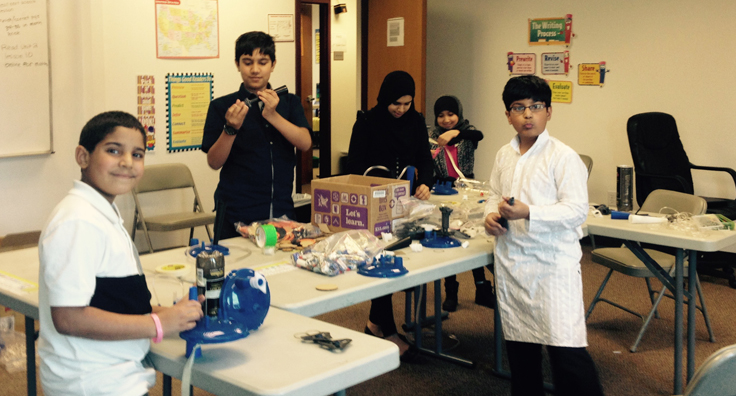What They Learn in Fifth Grade
Fifth graders work hard on projects and tasks that require them to draw on the skills and strategies they have been learning in elementary school. School work gets more difficult, as students may have separate teachers for each subject for the first time. Teachers challenge students with long-term projects that require planning and organization.
The social life of fifth graders often overshadows what they learn — at least for them. Who their friends are and what they think is more important than ever as puberty begins to bloom. At the same time, fifth graders may experience excitement about what they are learning and able to do, as well as new anxiety. In many schools, fifth graders will soon be moving on to middle school, and children may feel both thrilled and overwhelmed by the transition. Parents, guardians and teachers can play a critical role in listening, reassuring and supporting the new individual that is starting to emerge.




